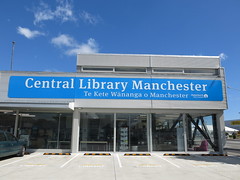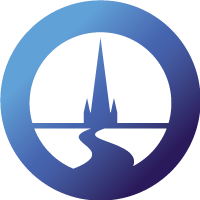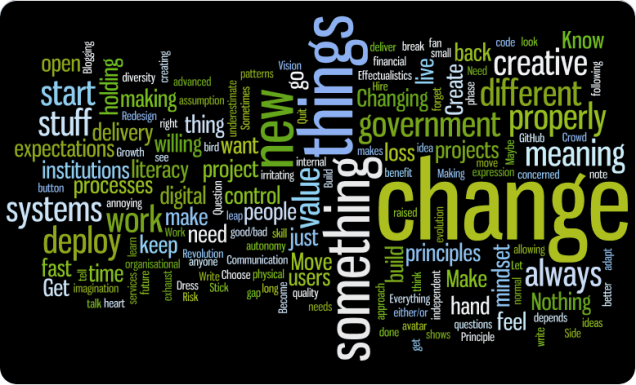 Last week was Enquiry Sampling Week at Christchurch City Libraries. As librarians we count and categorise our customer interactions for one week. It comes round fairly regularly and provides statistical information for the library network. This got me thinking. What do tally marks really tell us about our interactions with customers?
Last week was Enquiry Sampling Week at Christchurch City Libraries. As librarians we count and categorise our customer interactions for one week. It comes round fairly regularly and provides statistical information for the library network. This got me thinking. What do tally marks really tell us about our interactions with customers?
I had two enquiries that show how diverse our interactions with customers can be. The first happened when a customer approached me holding a piece of paper with half an article printed on it.
Customer: I need a copy of this and I want the whole article.
Me: Can you tell me anything about the article?
Customer: I got it twenty years ago at the Central Library from a paper I think.
Hmmm … This would require my “super librarian” reference skills (aka detective work) so I dusted these off and got to work. The interaction involved many questions, clarifying, listening, searching the catalogue, asking for help, more questions, clarifying again, and finally ending with filling in an an online form to request an archive. I categorised this interaction as “Reference – more than 15 minutes” which did not seem to give the query the justice it deserved.
My second interaction happened at the self-returns kiosk, where customers return their own books. This was a new for the customer so I was talking her through the process.
Customer: This is easy, you’ll be soon out of a job.
Me (not feeling so super): Hmmm …
Luckily for me this particular query was just a tally mark!








